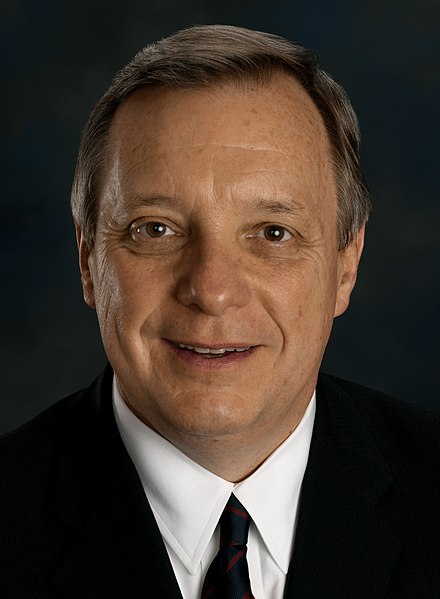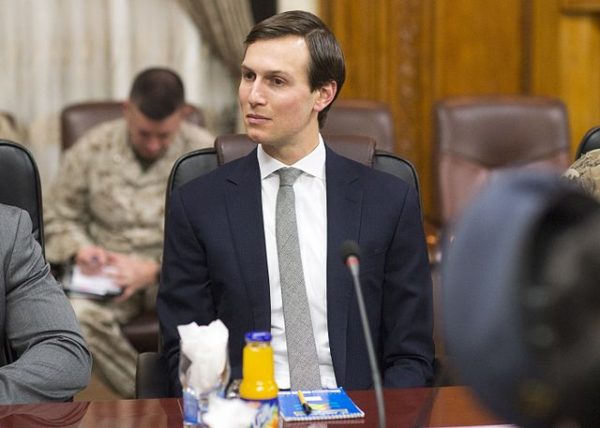Donald Trump rarely fails to disappoint critics who consider him temperamentally inappropriate and patently unpresidential.
Revealing his true colors yet again last week, the U.S. president embarrassed himself and the American people by issuing vulgar remarks that speak to his unsuitability as the occupant of the highest office in the land. In a discussion at the White House, Trump made two comments that shocked and appalled friends and foes alike.

In a reference to immigrants from Haiti, El Salvador and Africa, he said, “Why are we having all these people from shithole countries come here?” He went on to say that more immigrants from Nordic nations like Norway should be brought to the United States. Then, referring to Haiti, he said, “Why do we need more Haitians? Take them out.”
Trump denied he had been so coarse, but readily admitted he had used “tough” language to describe immigrants from Haiti, El Salvador and the African continent. Tellingly, White House officials did not issue a heated denial. And Senator Richard Durbin, who was present at the meeting when Trump shot off his mouth, said he had heard the president say “things which were hate-filled, vile and racist.”

To no one’s surprise, Trump earned the rebuke of politicians from both sides of the aisle.
Representative Ileana Ros-Lehtinen, a Republican from Florida, wrote in a Twitter post, “Language like that shouldn’t be heard in locker rooms and it shouldn’t be heard in the White House.” Senator Richard Blumenthal, a Democrat from Connecticut, called his comments “the most odious and insidious racism masquerading poorly as immigration policy.”
Interestingly enough, The Daily Stormer, a neo-Nazi website which celebrates and promotes white supremacy, gleefully lapped up Trump’s remarks, praising them as “encouraging and refreshing.”
Let’s be clear. Trump is not a closet Nazi or fascist. But his dangerous habit of stereotyping people on such a reckless scale is disturbing and comes perilously close to outright racism.
Long before launching his improbable presidential campaign, Trump stubbornly claimed that Barack Obama, the first black president, was born in Africa rather than in the United States. On the campaign trail, he said that, in many cases, Mexican immigrants are “criminals, rapists and drug dealers.” And when he questioned the fitness of a U.S.-born federal judge, he relegated him to the status of a “Mexican.”
Lamentably, Trump was slow to disavow the support of David Duke, a former member of the Ku Klux Klan and now a leading light of the alt-right movement. And in the wake of the racial troubles in Charlottesville last summer pitting neo-Nazis against anti-racists, he insisted there were fine people “on both sides” of this ideological divide.
Now, by denigrating African, Haitian and El Salvadoran immigrants, Trump has made sweeping generalizations that cannot be quantified, implicitly aligned himself with the worst elements in American society, and pushed us back to a dark period in U.S. history when nativists and racists successfully lobbied for an ethnocentric immigration policy that restricted the entry of Jews and southern Europeans, among others, to the United States.

Trump claims he is not a racist. As evidence of his open-mindedness and inclusivity, he points to his Jewish son-in-law and advisor, Jared Kushner. He mentions his daughter Ivanka’s conversion to Judaism. And he speaks lovingly of his Jewish grandchildren.
All this is true.
But when he demonizes certain classes of immigrants he deems inferior and prone to criminality, a crass innuendo that has no bearing in reality, he demeans himself, devalues his office and gives aid and comfort to bigots and racists who yearn for a nation bereft of Jews, African Americans and anyone else who doesn’t qualify as a “real” red-blooded American.
